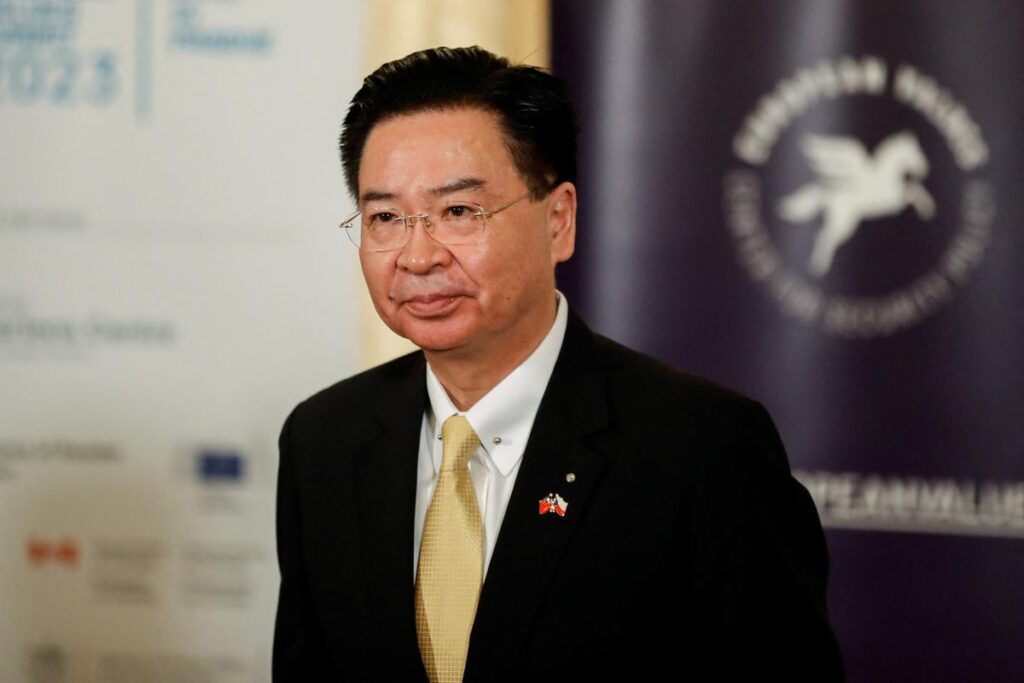In the realm of business, India and Taiwan are witnessing a burgeoning alignment. Official data from the Taiwan government reveals that India ranks as its 17th largest trading partner and 14th largest export recipient. The Bureau of Foreign Trade’s Taiwan New Southbound Policy designates India as a crucial partner.

Taiwan Expecting India Will Become The Next Developed Economy In the World
Estela Chen, Executive Director of the Economic Division at Taipei Economic & Cultural Center-India, shared insights during the Taiwan Excellence program in Mumbai. She noted that over 250 Taiwanese companies are already established in India, with a collective investment of around $4 billion (Rs 32,988 crore). Notably, bilateral trade between the two countries reached $8.45 billion (Rs 69,687 crore) in 2022, marking a 9.8% increase from 2021.
The trade dynamic consists of India’s exports to Taiwan, amounting to $3.14 billion (Rs 25,896 crore), primarily comprising mineral fuels, aluminum, iron, steel, organic chemicals, and plastics. Conversely, Taiwan’s exports to India totaled $5.31 billion (Rs 43,792 crore), mainly consisting of plastics, electronic integrated circuits, organic chemicals, electrical machinery, iron, and steel.
India’s ambitious electrification initiative has further invigorated business prospects for Taiwan in the subcontinent. Chen notes the interest of numerous Taiwanese electric vehicle component companies, including beyond Foxconn, in India. Her optimism stems from the growing number of Taiwanese firms exploring strategic expansion in India.
Chen also highlights the robust performance of the Indian economy relative to others. She cites Prime Minister Narendra Modi’s projection that India will become the world’s third-largest economy by 2030, possibly even achieving the feat by 2028. This accelerated growth has led more companies to focus on the Indian market.
Taiwanese companies are particularly strong in the ICT industry, heavy machinery, semiconductors, and automation. Chen believes these solutions have broad applicability across industries and foresees a need for introducing automation to enhance production and quality in India’s development trajectory. Her perspective remains optimistic about the future potential of this partnership.
